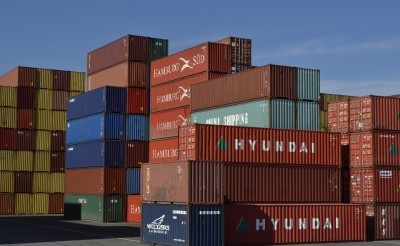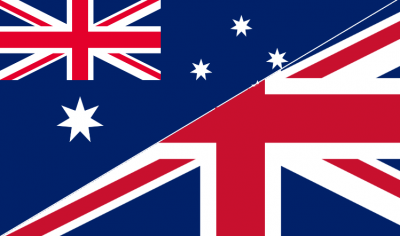Brexit: food firms must prepare for phased border checks

When the UK left the EU Single Market and Customs Union on 31 December 2020, new processes and requirements were needed in respect of EU-GB border controls.
The UK Government set out the phased introduction of controls on imports into Great Britain from the EU last June.
The first phase of changes was planned for 1 January 2021 (which took effect). Phases 2 and 3 were to follow in April and July. The phased introduction was to allow businesses time to prepare, particularly in the light of COVID-19.
On 11 March the Government announced a new timetable for phases 2 and 3, which will now come into force on 1 October 2021 and 1 January 2022 respectively.
Citing the continuing impact of COVID-19 and the 'strong case' made by businesses that need more time to prepare, the Government also recognised the additional time would ease pressure on public authorities to set in place appropriate border control infrastructure and services.
Phase 2
New import control processes that were due to come into force in April will now be effective from 1 October 2021.
There will be no changes to the core import processes in October. However, new pre-notification requirements will apply to products of animal origin (POAO), certain animal by-products (ABP) and high risk food not of animal origin (HRFNAO).
Export health certificate requirements for POAO and certain ABP will also come into force on the same date.
Customs import declarations will still be required, but the option to use the deferred declaration scheme has been extended to 1 January 2022.
Phase 3
In January 2022, as part of changes to the Core Model for exports, further requirements will be introduced for all remaining goods subject to sanitary and phytosanitary (SPS) controls. These would constitute POAO, fishery products and live bivalve molluscs, HRFNAO and plants and plant products, including changes to the rules on marketing standards for imports.
Additional changes include:
- the option to use the deferred declaration scheme, including submitting supplementary declarations up to six months after the goods have been imported;
- the requirement to provide safety and security declarations;
- the requirement to undertake physical SPS checks for POAO, certain ABP, HRFNAO and high risk plants at border control posts;
- Pre-notification requirements and documentary checks, including phytosanitary certificates, for low risk plants and plant products.
From March 2022, checks at border control posts will take place on live animals and low risk plants and plant products.
Looking forward
While businesses now have more time to comply with the implementation of new border controls and processes, action should be taken early to ease the transition.
The changes are wide-reaching and will require businesses to invest significant time and resource to ensure they are compliant, or risk significant disruption to their operations.
Businesses should also continue to monitor the border operating model to ensure they are prepared for any changes to phases 2 and 3, as required.
Businesses must also be wary of the continuing friction between EU and UK border controls.
As the EU did not decide to implement border controls in phases, full customs requirements were introduced for British exports to the EU on 1 January 2021.
This is in stark contrast to the UK’s phased introduction of border controls and, as such, businesses must be alert to the extra costs and complication of engaging with both regimes.
Andrew Northage is partner, regulatory & compliance, and head of the international trade sector group at Walker Morris.
Claire Burrows is director, regulatory & compliance at Walker Morris.
















